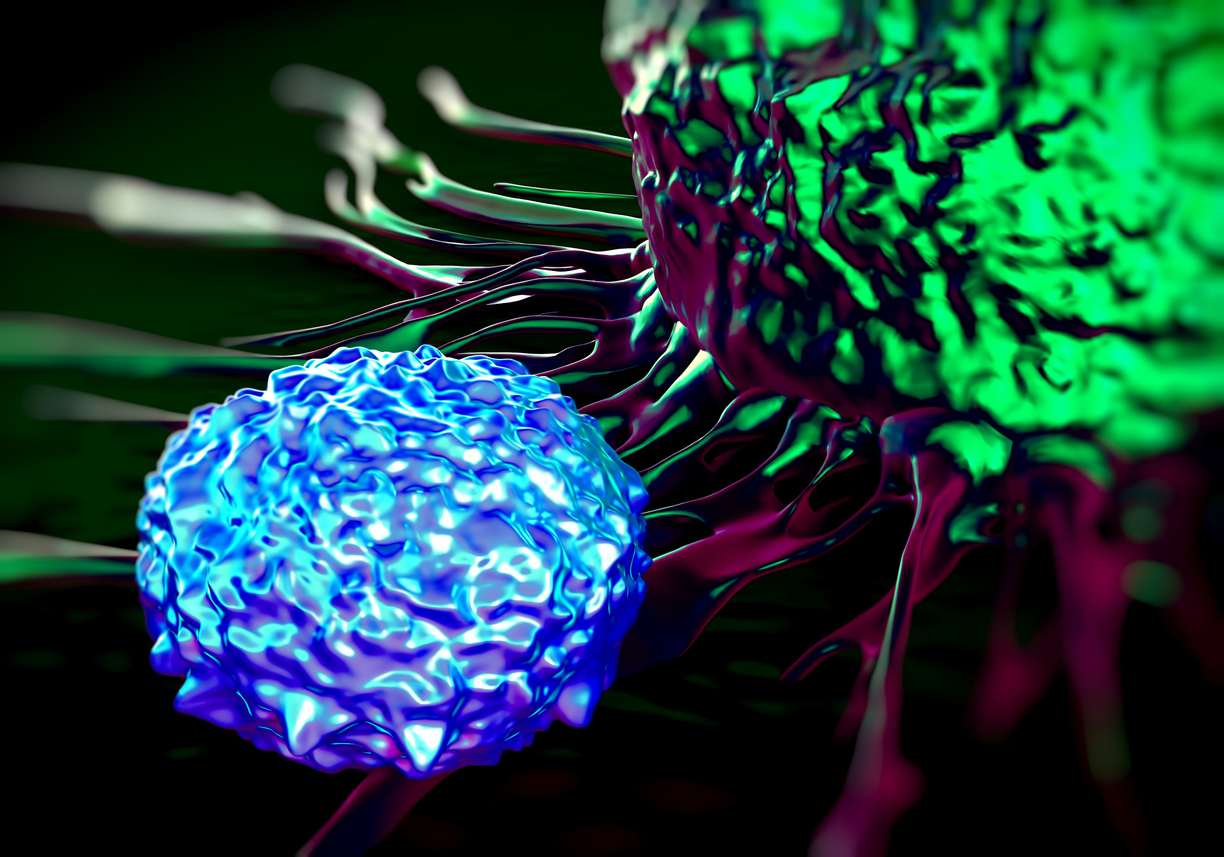The Use of Cell-Based Assays for Translational Medicine Studies
Cell-based assays are an important tool in drug development. One of the biggest challenges when developing a drug is mimicking the appropriate physiological setting to predict the mechanism of action and safety profile when a drug is administered in vivo. However, appropriately designed cell-based assays can provide a solution for this by recreating the key components of the physiological setting in vitro. Such assays can be utilized to provide information ranging from off-target effects and potential toxicity to effective dose ranges. Prior to moving a drug into an in vivo model, it is crucial to understand what happens at the cellular level in response to the compound or molecule. Cellular assays enable characterization of the activity and safety of a potential drug early in development. Generating this data early in the process allows for key decisions to be made which increase the chance of success in later stages of drug development by guiding the design of in vivo proof of concept studies and even informing aspects of later preclinical stage studies as well.
Cell signaling endpoints such as proliferation, apoptosis, and necrosis are common pathways targeted by biotherapeutics. The impact of drug treatment upon these pathways can be examined via cell-based assays before moving a drug candidate further through the development pipeline. If a drug is expected to impact cell growth and proliferation, in vitro methods such as cell enumeration, cell cycle analysis, or measurement of cell division via fluorescent or luminescent probes can be performed. If a drug is expected to induce apoptosis, there are a number of available assays that measure the intracellular signals associated with apoptotic pathways and which can distinguish these events from necrosis. These assays have read-outs on established platforms including plate readers, flow cytometers, or western blotting.
In addition to characterizing the efficacy and safety of drug candidates in the early stages of drug development, cell-based assays are a tool that can be used to support potency testing for drug substance or drug product. Potency assays are a critical part of the drug manufacturing process required by health authorities which measure the relative potency of different batches of drug in support of lot release or manufacturing processes. Cell-based potency assays provide a platform for reproducibly measuring the specific cellular events that are initiated by the drug. Potency assays, unlike the characterization assays, are required to be fully validated and run in GMP-certified laboratories.
Cell-based assays can also be used to characterize the immunogenicity of biotherapeutic drugs. When a foreign protein, such as a biotherapeutic, is administered to a patient there is the potential for the patient’s immune system to mount a response to the drug and form anti-drug antibodies (ADAs). Some of these ADAs can bind to the drug in such a way that they neutralize the mechanism of action, resulting in a loss of efficacy. These neutralizing antibodies (NAbs) can be identified by testing patient samples in a cell-based assay. The cell-based assay is designed to produce a specific signal in response to stimulation of cells with a set concentration of drug. Presence of NAbs in the sample then alters the signal being produced in the assay, identifying the patient sample as NAb positive.
Use of cell-based assays for drug development is a complex endeavor. While most cell-based assays use immortalized cell lines, which are able to be cultured and expanded in the lab, some assays require primary cells, which are taken directly from patients and require expert handling. With all of this in mind, partnering with a lab with knowledge and experience in cell-based assays is immensely valuable and can save time, money, and resources while improving the chances of success for assay implementation. BioAgilytix has an extensive team of scientists averaging 15+ years of experience in cell-based assays and can serve as a partner in all of your cell-based assay development and testing strategies.
References:
1. https://link.springer.com/article/10.1007/s00216-010-3933-z
2. https://www.genengnews.com/insights/cell-based-assays-keep-biosimilars-on-track/
3. https://pubmed.ncbi.nlm.nih.gov/20623273/
Partner With BioAgilytix
BioAgilytix provides biomarker, immunogenicity, cell-based assay, and other laboratory services for pharma and biotech companies around the world. We are a leader in immunogenicity testing, an important step in drug development, evaluating anti-drug antibodies prior to treatment, and analyzing drug efficacy in a patient over time. Contact BioAgilytix today with any questions or requests.
